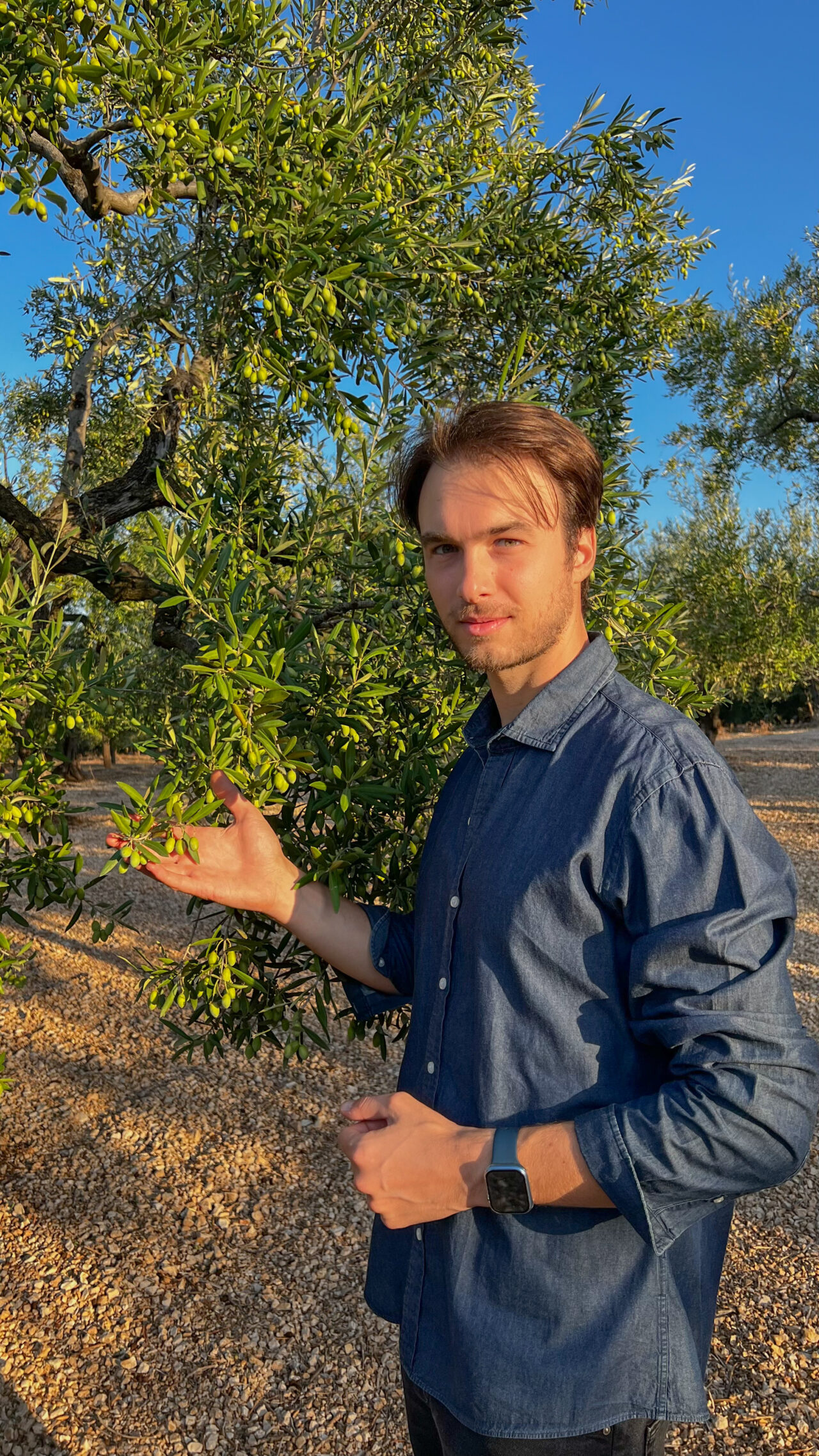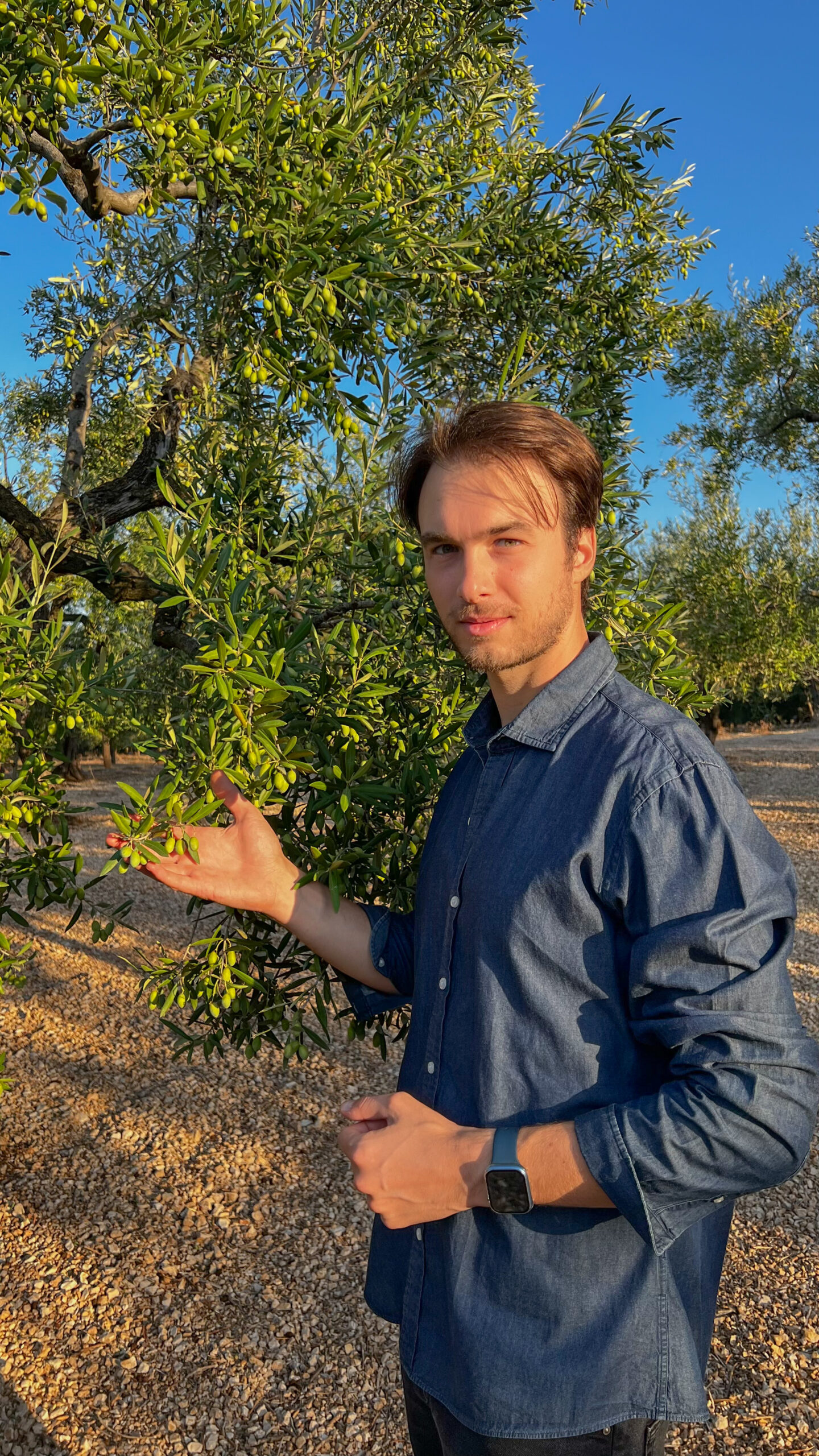
World days
World Olive Tree Day
UNESCO proclaimed November 26 as World Olive Tree Day in 2019
Valued by humans for more than 100,000 years, the humble olive may seem an odd crop around which to build a civilisation.
Yet along with grapes and grain, it was the olive that made up the ‘trinity’ of staple goods on which the might and heft of Greek civilisation was founded.
Today, its global ubiquity – a preferred cooking oil, a go-to snack, the veritable cocktail olive, even cosmetics and ‘nutraceuticals’ – supports a global industry that stretches far beyond the olive tree’s Mediterranean origins. An estimated 850 million olive trees grow worldwide, yielding an annual crop of more than 10 million tonnes.
For the farmers who rely on the olive – Spain is the world’s biggest producer, accounting for nearly 60 per cent of the global harvest – it’s a commodity crop. Nevertheless, it’s a crop unlike any other, thanks to the spiritual and cultural connotations it’s acquired during its long history with humans.
From the earliest times, we know that olive oil was considered sacred and holy: the 400 million people who watched the coronation of the United Kingdom’s King Charles III in May may not have known it, but during the most sacred part of the ceremony a special oil, created from olives harvested from the Mount of Olives in Jerusalem, was used to anoint the country’s new monarch.
Meanwhile the tree has lent itself to diverse symbolism of wisdom, fertility, power and purity. Most notably, the olive branch is regarded as a sign of peace – a practice dating back to those ancient Greeks, who used consignments of olives as a diplomatic gift to the Egyptian pharaohs.
In declaring World Olive Tree Day, Audrey Azoulay, Director-General of UNESCO, perhaps described it most succinctly and eloquently:
“The olive tree is therefore a universal tree, which has accompanied humanity for thousands of years, embodying its aspirations; because with its legendary longevity and ability to rise from its ashes, it reaches beyond the short-sightedness of the moment: planting an olive tree and eating its fruit is to join the chain of humanity.”
In establishing the Day, UNESCO – whose ultimate ‘parent’ body, the United Nations, incorporates two olive branches in its flag – sought to encourage the protection of the olive tree and the values in embodies. By recognising the tree with a Day, UNESCO recognises its important social, cultural, economic and environmental significance to humanity.
Elevating the olive tree’s importance couldn’t happen at a more opportune time. UNESCO points out that conserving and cultivating the olive tree is a ‘growing imperative’ as the world combats and adapts to climate change.
The years 2022 and 2023 have served to highlight that threat. For a second year, the world’s olive harvest has been struck by a combination of extreme heat, wildfires and drought. In May 2023, Spain reported a drop in production of nearly 50 per cent; September saw the US Department of Agriculture revise its global olive oil production estimate to a quarter lower than 2022 and the five-year average.
What’s more concerning is how it’s not just Spanish producers who are suffering: Apulia, Italy’s most important olive oil production region, has been heavily affected by storms in recent weeks, damaging the imminent harvest for the world’s second most important producer.

And the story continues throughout the Mediterranean with similar stories in Portugal, Tunisia, Greece and Morocco. Indeed, the threat of dwindling supplies has pushed olive oil prices 130 percent higher than a year ago. It’s now ten times more expensive than crude oil.
It’s a very worrying situation, especially as the root cause – climate change – is a factor causing difficulty and upheaval in other key crop markets, too.
Here at FertiGlobal, we’re ultimately focused on providing farmers of all crops with solutions to deliver a more sustainable agriculture. As World Olive Tree Day approaches, we’re looking ahead to the next crop season with our own olive branch to growers: we’re working hard to make our advanced agricultural technologies, such as EnNuVi, supported in olive agronomy.
We believe there’s an opportunity to bring our Total Crop Management approach to the olive grove. By focusing on the defence mechanisms naturally present in the plant, we can improve its tolerance to extreme biotic (pest and disease) and abiotic (environmental) stresses. A vital lifeline for this vital industry, yes – but also an opportunity to demonstrate the validity of the European Green Deal, and its objectives to reduce the use of plant protection products and artificial fertilisers.
EnNuVi encompasses a wide portfolio of products. Get in touch with us to discover how to bring EnNuVi into your own integrated crop nutrition plan.

